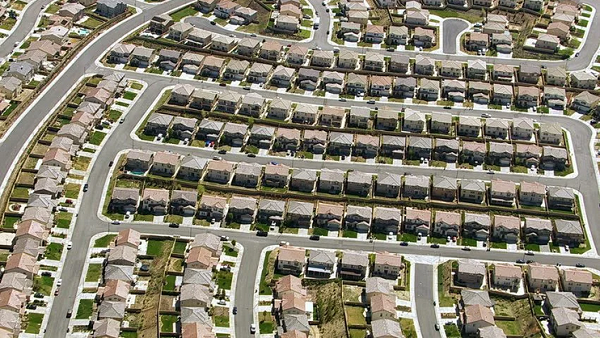Ottawa needs to focus on the housing challenges Black Canadians face
Since formally endorsing the United Nations International Decade for People of African Descent in 2018, the federal government has implemented a series of committees, programs, and funding streams to support Black communities in Canada. That UN-designated decade is set to come to an end at the close of 2024, but in February, the federal government announced it was extending these efforts until 2028 after hundreds of Black entrepreneurs lobbied last year for continued political and financial commitments.
The earmarked funding and numerous committees geared toward addressing uniquely Black issues have already been transformative. They have allowed for meaningful investments in Black-focused initiatives and financing and growth opportunities for Black businesses. But what is missing are national strategies, coalitions, and funding to address Black housing challenges.
Studies from around the world have found that, at large, people of African descent typically have limited access to quality housing. And while all Canadian homeowners are feeling the pressures of a protracted housing crisis, studies from Statistics Canada echo global findings, indicating that Black Canadians are most affected by housing insecurity. One 2018 study found that, in comparison to the general population, Black people were significantly less likely to own a home, less likely live in a home without a mortgage, and more likely to be in unaffordable housing situations.
Being less likely to live in a home owned by a family member, many Black Canadians have turned to the rental market. Black Canadians were 11 per cent more likely to live in a rented unit, and almost five times as likely to live in subsidized rental housing (14 per cent, compared to 3 per cent).
Tied to the increased rate of Black rental dwellings is an increased risk of evictions and homelessness. Black people are among the highest-risk groups in Canada for experiencing homelessness, with the risks even higher for Black women. In 2021, Statistics Canada found that Black people are more than twice as likely to be evicted in comparison to other racialized groups, and nearly twice as likely as non-racialized groups. Similarly, a Toronto study by the Wellesley Institute found that in census tracts with 36-per-cent Black rental households, non-subsidized renters are twice as likely to be evicted in comparison to neighbourhoods with 2-per-cent Black households.
When we talk about quality housing, living conditions are an essential consideration. Here, Statistics Canada found that Black people were more likely to both live in homes that needed major repairs, and to live in a neighbourhood with which they were not satisfied. They were also more than three times as likely to live in unsuitable housing where there were not enough bedrooms to meet household needs.
These statistics paint a sobering reality around the disproportionate housing challenges faced by Black Canadians. Despite the work that the National Housing Co-Investment Fund is doing to address these challenges amid high interest rates, the current situation may be even more dire. In part, this is the legacy of systemic racism that has created clustered Black neighbourhoods often devoid of resources and the opportunities that would allow more Black people to attain adequate housing. In principle, adequate housing may be a fundamental human right, as the National Housing Strategy Act maintains; in practice, the unaffordable costs render adequate housing a privilege.
In extending the commitment to continued programming and funding for the International Decade for People of African Descent, the federal government has shown that it recognizes the challenges facing Black communities and the collective responsibility to support them. However, housing lies at the heart of Black experiences. As a result, failing to develop strategies and earmark funding to reduce Black evictions, elevate Black neighbourhoods, and produce and maintain quality affordable homes that do not entrench them in debt is an oversight that needs to be addressed.
To be clear, this is not about preferential treatment. It is about recognizing how systems that once barred Black people from being homeowners – systems that divested, gentrified, and pushed Black people out of their communities or off their land for industrial or other needs – have contributed to long-standing diminution.
So addressing homeownership is necessary – and not just for a decade, because it was decades, in plural, of systemic racism that got us here. If we genuinely want to do better, it will take more time than that to get us out.
This article was first reported by The Globe and Mail













